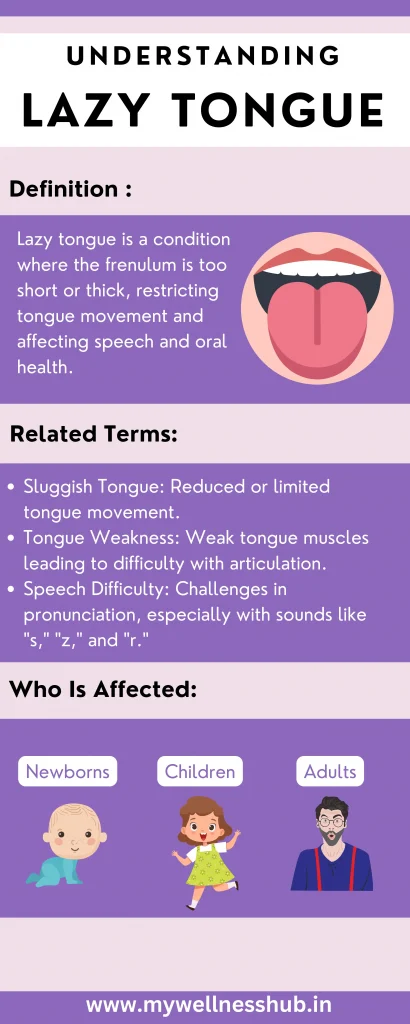Do you ever feel like you’re missing out on conversations because you can’t quite grasp what people are saying? It can be incredibly frustrating to struggle with speech comprehension, leaving you feeling isolated and misunderstood. This article delves into the common reasons behind this difficulty, exploring potential causes ranging from physical limitations to cognitive challenges and environmental factors. By understanding these underlying issues, we can better address them and find effective solutions to improve your ability to understand speech.
This comprehensive guide will examine various aspects contributing to speech comprehension difficulties, including hearing loss, language barriers, cognitive impairments, and the impact of noisy environments. We’ll also discuss practical solutions and strategies you can implement to overcome these challenges and enhance your communication skills.
Causes of Speech Understanding Difficulties
Speech comprehension is a complex process involving multiple sensory inputs, cognitive functions, and linguistic knowledge. When any part of this intricate system falters, it can lead to difficulties understanding what others are saying. Several factors can contribute to these challenges, ranging from physical impairments to psychological or environmental influences.
Hearing Loss
One of the most common causes of speech comprehension difficulties is hearing loss. Whether it’s a gradual decline in hearing sensitivity or sudden onset deafness, even mild hearing impairment can significantly impact your ability to perceive and process spoken words. Difficulty distinguishing between sounds, understanding rapid speech, or following conversations in noisy environments are all telltale signs of hearing loss affecting speech comprehension.
Language Barriers
Communication breakdowns often occur when individuals speak different languages. Even within the same language, regional dialects, accents, and slang can create barriers to understanding. If you’re exposed to unfamiliar languages or variations in speech patterns, it can be challenging to decipher the meaning conveyed. Learning a new language or familiarizing yourself with different dialects can help bridge these communication gaps.
Cognitive Impairments
Certain cognitive conditions, such as dementia, Alzheimer’s disease, or traumatic brain injury, can impair speech comprehension abilities. These conditions often affect memory, attention, and executive functioning, which are crucial for processing and understanding spoken language. Individuals with cognitive impairments may struggle to follow conversations, recall information from previous interactions, or comprehend complex sentences.
Hearing Loss and Speech Comprehension
Hearing loss is a prevalent condition that significantly impacts speech comprehension. As we age, our hearing naturally declines, making it harder to distinguish between subtle sounds and nuances in speech. This can lead to difficulty understanding conversations, especially in noisy environments.
Types of Hearing Loss
There are different types of hearing loss, including conductive hearing loss (affecting the outer or middle ear), sensorineural hearing loss (affecting the inner ear or auditory nerve), and mixed hearing loss (a combination of both). The type of hearing loss determines the specific challenges faced in understanding speech.
Impact on Speech Processing
Hearing loss disrupts the normal flow of sound information from the ears to the brain. This can lead to difficulties in identifying individual sounds, distinguishing between similar-sounding words, and comprehending the overall meaning of spoken language. The brain struggles to piece together fragmented auditory information, resulting in gaps in understanding.
Language Barriers and Communication Issues
Language barriers arise when individuals speak different languages or dialects. Even within the same language, variations in accent, vocabulary, and grammatical structures can create communication challenges.
Cross-Cultural Communication
When interacting with people from different cultures, it’s essential to be aware of potential language and non-verbal communication differences. Gestures, facial expressions, and body language can carry different meanings across cultures, leading to misunderstandings.
Strategies for Overcoming Language Barriers
To bridge language barriers, consider using translation apps, learning basic phrases in the other language, speaking slowly and clearly, and employing visual aids to enhance communication.
Cognitive Impairments and Speech Processing
Cognitive impairments can significantly affect speech comprehension abilities. These conditions often involve difficulties with attention, memory, executive functioning, and processing speed, all of which are essential for understanding spoken language.
Dementia and Alzheimer’s Disease
Dementia and Alzheimer’s disease progressively impair cognitive function, leading to challenges in following conversations, remembering names, and comprehending complex sentences. Individuals with these conditions may struggle to keep up with the flow of speech and often require repetition or clarification.
Traumatic Brain Injury
Traumatic brain injury can result in various cognitive impairments, including difficulties with attention, memory, and language processing. Speech comprehension deficits may manifest as trouble understanding spoken instructions, following conversations, or recalling information from previous interactions.
Environmental Noise and Speech Clarity
Background noise can significantly interfere with speech comprehension.
Noise Pollution
Constant exposure to loud noises, such as traffic, construction, or crowded environments, can make it difficult to focus on spoken words. The brain struggles to filter out irrelevant sounds, leading to auditory fatigue and reduced comprehension.
Strategies for Reducing Noise Interference
To minimize the impact of noise, try using earplugs or noise-canceling headphones in noisy environments. Speak clearly and face the person you’re talking to directly. Choose quieter locations for conversations whenever possible.
Solutions for Difficulty Understanding Speech
If you find yourself frequently struggling to understand speech, there are several solutions available to help improve your comprehension.
Hearing Aids
For individuals with hearing loss, hearing aids can amplify sound waves and make it easier to perceive spoken words. Different types of hearing aids cater to various degrees of hearing impairment and individual needs.
Speech Therapy
Speech therapy can be beneficial for addressing difficulties related to language processing, articulation, or auditory comprehension. A speech therapist can provide personalized exercises and strategies to improve your ability to understand and respond to spoken language.
Assistive Listening Devices
Assistive listening devices, such as FM systems or personal amplifiers, can enhance sound clarity in specific situations. These devices transmit sound directly to the listener’s ears, reducing background noise interference.
Conclusion
Understanding speech is a fundamental aspect of human communication. When difficulties arise, it can significantly impact our social interactions, learning abilities, and overall quality of life. By recognizing the various causes of speech comprehension challenges, from hearing loss to cognitive impairments and environmental factors, we can take proactive steps to address these issues. Seeking professional evaluation, exploring available solutions like hearing aids or speech therapy, and implementing strategies to minimize noise interference can empower individuals to overcome speech understanding difficulties and enhance their communication skills.



